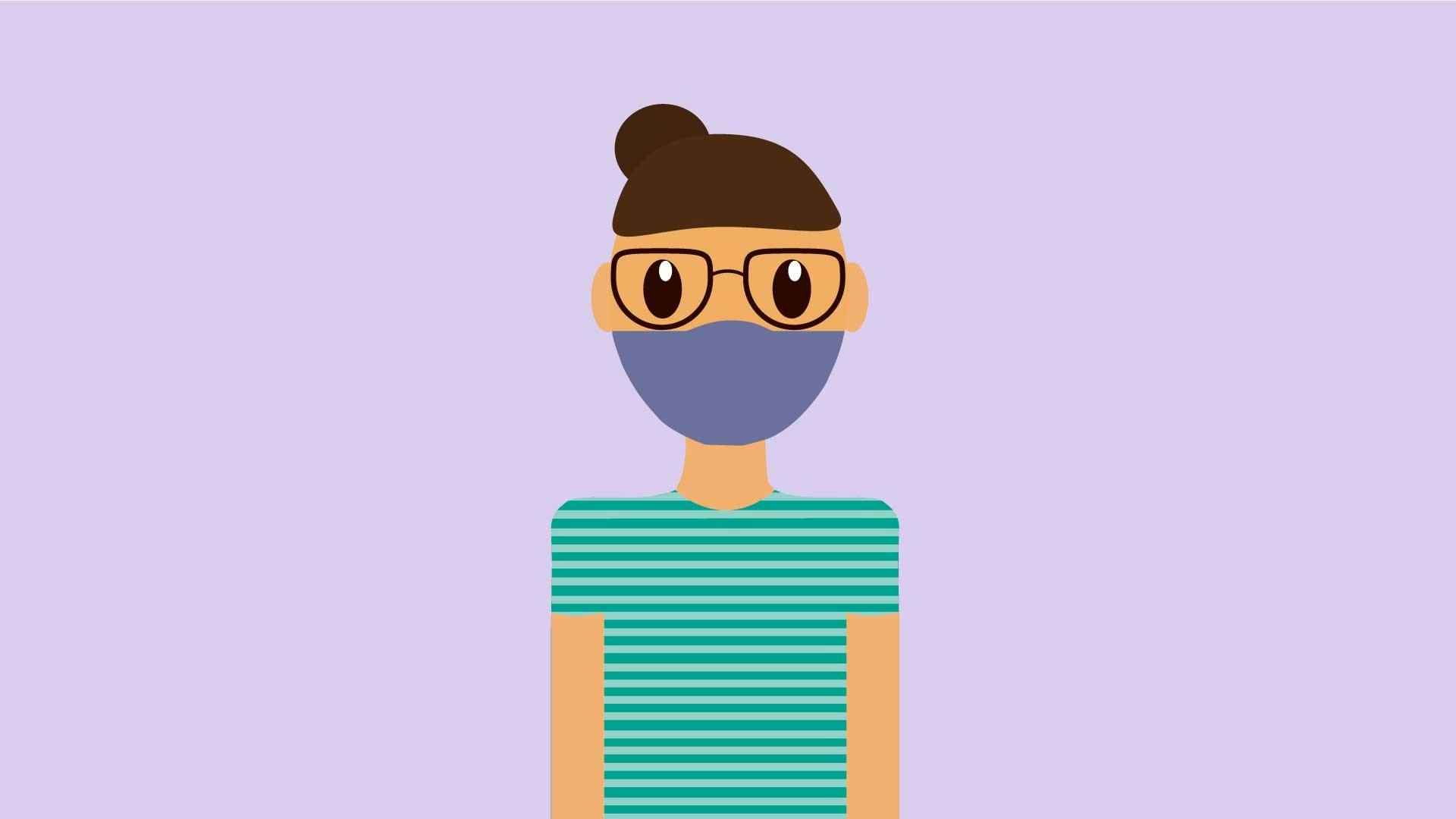The Michigan Department of Health and Human Services, or MDHHS, hosted a public COVID-19 virtual roundtable with health experts from national, state and local levels. The program focused on the discussion around COVID-19 trends, the effectiveness of various strategies to slow the virus’s spread and expert perspectives and experiences.
In the past few weeks, Michigan has seen an increase in the speed of rising COVID-19 cases since the spring. Although more tests are available than in the Spring, that does not explain the rise that supersedes any adjustment that one would expect based on testing patterns, according to Emily Martin, associate professor of epidemiology at the University of Michigan.
“We are seeing increases across the state in all different regions,” said Martin.
Since the summer, as experts have seen, there has been a demographic shift of those infected. People in the 0- to 29-year-old age group have seen an increase in infections, and now, people in the 30- to 39-year-old age group. Overall, this poses a considerable concern, especially for working adults or businesses.
Although young adults and children tend to have lower severity, hospitalization and deaths, the lower severity can still pose a high risk to others.
“Lower severity and sometimes asymptomatic infections mean that people are more likely to interact, travel (and) gather even if they have had infections,” Martin said. “We have to watch for not only impacts on these groups but how these groups interrelate in ways that can cause high-risk for the state.”
Many transitions are linked to large gatherings, not only because of the gatherings’ size, but also because of the virus’s nature. The spread patterns allow the virus to spread from a few people to infect many more people they come in contact with.
Places that are guided by and fully support public health have less disease, less debt and less economic disruption, according to Thomas Frieden, President and CEO of Resolve to Save Lives and former director of the Centers for Disease Control and Prevention.
“The four aspects of a good response, I think, are [to] reduce the spread, stop cases and clusters … crushing the curb with closures … and then box it in with testing and tracing to prevent another explosion,” said Frieden. “The lower you go, the longer it takes to come back. So, if it’s (COVID-19) is just simmering below the surface and you loosen up a bit, it explodes right back up. If you’ve got it way low, it’s going to take longer to come back, and you may be able to keep a virtuous cycle rather than a vicious cycle.”
Considered options to ensure people’s health and safety are correctly wearing masks, testing people as soon as they feel sick, electronically collecting information, quickly isolating people and effectively quarantining.
Norman Beauchamp, executive vice president for Health Sciences at Michigan State University, said that MSU President Samuel L. Stanley Jr. worked with Beauchamp himself to put together a task force. Many organizations jumped into tactics and initiatives, and the team spent the first few weeks defining that MSU’s approach was going to be values-driven.
“With something so unknown, so impactful — people have to understand how decisions are made,” Beauchamp said. “We are going to cultivate caring and accountability, and we were going to incorporate everyone to be engaged in a community that was inclusive and inequitable … Our decisions wouldn’t be driven by finances, this was about safety and core values, and our decisions would not be driven by politics because disease should not know politics.”
Beauchamp and his team put together 20 subcommittees from across the university composed of staff, students, faculty and other community members where they went about defining what the response was going to be at MSU and the pandemic, and what guidelines the university was going to put in place.
MSU would follow four points.
“We would be guided by the best information available nationally, we would identify best practice, we’d implement them, we would assess and would repeat, we would continually update our community and would continually partner,” Beauchamp said.
Spartans are being asked to remain resilient despite the exhaustion of the pandemic.
“Staying as best you can, attached to purpose, because as a community, we are navigating something that is extraordinarily difficult,” Beauchamp said. “Lives are being saved by the effort.”
Support student media!
Please consider donating to The State News and help fund the future of journalism.
Discussion
Share and discuss “MDHHS roundtable discussion addresses where Michigan stands with COVID-19” on social media.







